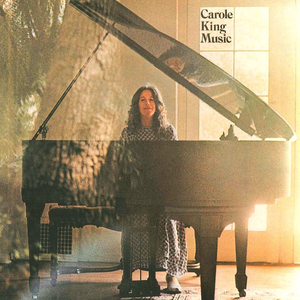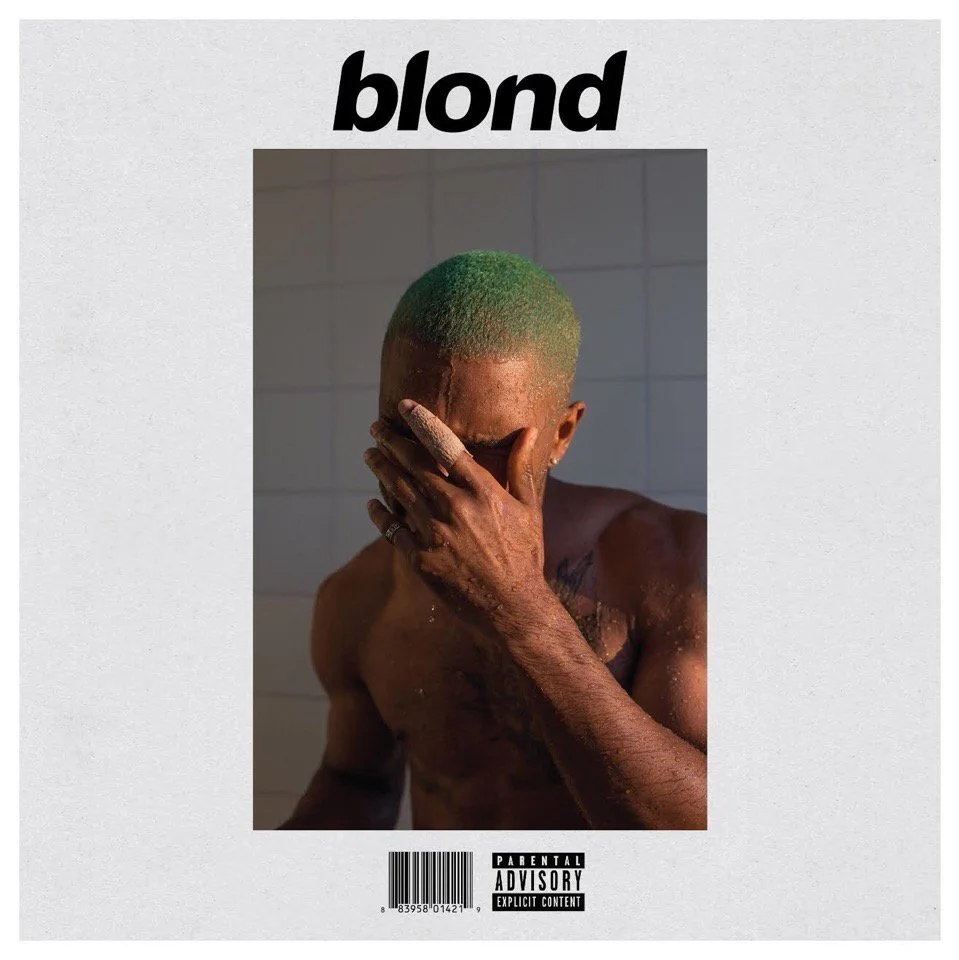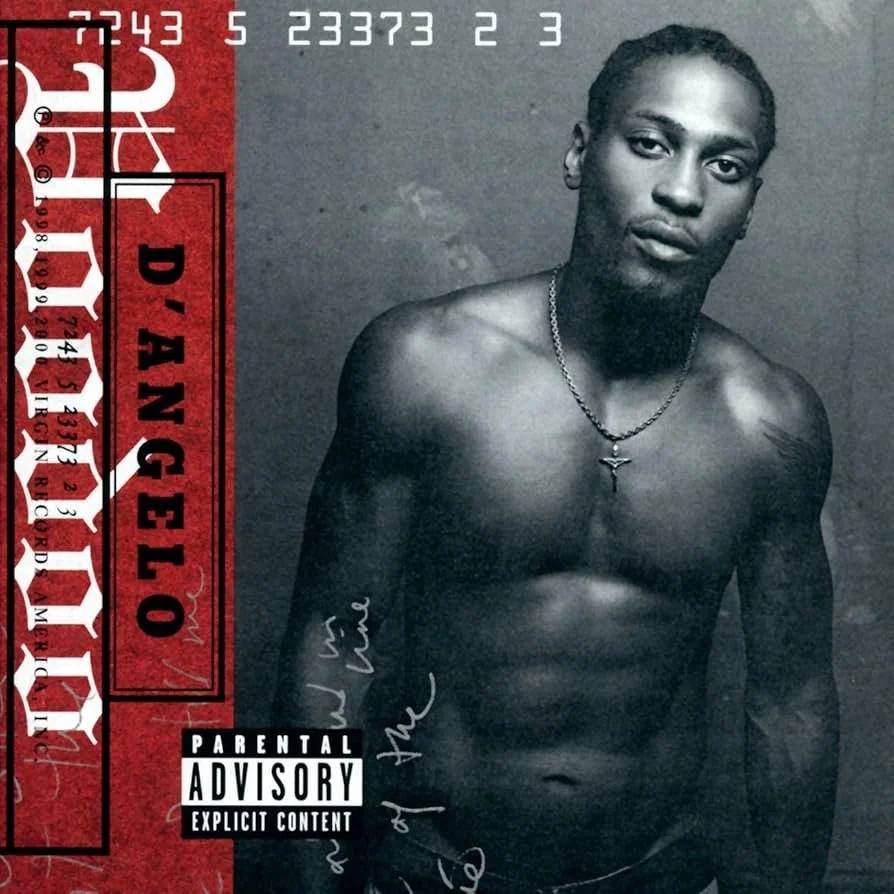Week 1 - The Starting Point
Hello friends! Welcome to the first of what will hopefully be many installments of “The Listening Nook”. I’m striving to listen to an album a day and want to document my journey! This is in an effort to expand my horizons as a composer and be more intentional in my listening practices. Each week I’ll share what I’ve been listening to with some thoughts about each album, and I’ll highlight one from the week that was a favorite.
Let’s get into it!
Music (Carol King)
I came across this album at a Goodwill store. Thinking that the title was “Carol King Music”, I thought it was a “best of” compilation album.
Come to find out, “Music” is King’s 3rd studio album which came following her second critically acclaimed studio album, “Tapestry”. I’m pretty happy I stumbled upon this album!
King’s production choices on this album are subtle, opting for instrumentations and soundscapes that create an intimate sound, like they’re sitting and playing for you in your living room. A perfect example of this is King’s choice in drums/percussion. The tracks that opt for congas/bongos outnumber the ones that use a traditional drum set, giving you the feeling that you could be playing right along with them.
A favorite track from this album is “It’s Going to Take Some Time”. The chord changes and songwriting of this track is so quintessentially Carol King/James Taylor, it gives you a sense of warmth and adventure at the same time, and is deeply infectious. This album doesn’t knock you over the head with slam-dunk hits, but is an album I’ll likely come back for repeated listening, gaining more appreciation for it each time I do.
Copland Conducts Copland (The London Symphony Orchestra)
This album is one of a series in collaboration between composer Aaron Copland and the London Symphony Orchestra, where Copland conducts his own works.
A favorite piece off of this album is “An Outdoor Adventure”, and I will definitely be revisiting this for further listening/study!.
With each new Copland work I hear, I continue to appreciate his ability to innovate within the world of tonal music. He manages to toe the line between writing music that is both tonal and accessible, yet innovative within the bounds it operates. Given the time period he composed during and the innovations in post-tonal music by figures such as Schoenberg and Webern, I keep waiting to find a Copland piece that falls into this vain, but have yet to do so. Maybe it’s just luck, but I’m happy that my expectations have not been met yet.
Blond (Frank Ocean)
With my composition and music production students, I like to make assigned listening a two-way street.
Rather than me simply assigning pieces for my students to study, I ask them to give me things to listen to as well.
This allows me to better understand their influences and so I can provide more insightful suggestions for them to guide them in expanding their horizons and developing their voice. This album was suggested to me by one of my students.
Having now listened to it, I understand why this is revered as a great album. Ocean’s vocal performance is impeccable, which is no small feat considering all of the genre’s he' blends together in this album and the different approaches that each requires. Ocean’s production choices are solid throughout as well, which help give the album a greater sense of cohesion, blending minimalist R&B/hip hop with an indie-pop soundscape.
The one issue I take with this album is with some of its songwriting. Tracks like “Pink + White” and “Solo” have a clear sense of direction in it’s melodies and chord progressions that other tracks lack. As is common in music that draws heavy inspiration from loops/sampling, tracks like “Ivy” have chord changes that harmonically regress. In less technical terms, this refers to when chords are linked together in a way that feels like they’re going backwards instead of forwards. That said, I recognize that this says more about my preferences in music than it does about the value and artistic merit of the music itself. This is likely a small detail that many won’t care about. Sometimes my theory brain won’t shut off despite my best efforts.
Symphony No. 3 (Brahms)
This is less of a specific album as it is a singular piece. While browsing a record store, I found “Music From the World’s Greatest Composers”, a collection of 12 classical LPs organized and published by Reader’s Digest in the 1960s.
Pretty cool that these have lasted this long, and not a bad find for a dollar! I may include works from this collection from time to time, and this is one of them.
Overall, I enjoyed this recording. The downside of this collection is that Reader’s Digest doesn’t provide much information on who is performing each work and the recording’s origins. I found the second movement’s choral textures to be really compelling, as well as the melodicism of the third movement’s theme. The final movement had some rhythmic surprises as well that caught me off guard, especially considering the time period and style of this piece.
Album of the Week - Voodoo (D’Angelo)
I fully acknowledge that this selection is a bit biased considering I went out of my way to purchase this album after listening to it on streaming for years, but it’s hard not to! On their collaborative track “Left and Right”, artists Redman & Method Man refer to D’Angelo as the “Funk Doc”. This could not be more accurate. The amount of times I make “stank” faces while listening to this album are too many to count.
Voodoo was an innovative album for its time for so many reasons. Besides it giving us the iconic track “Untitled” (for better and for worse when considering how it impacted his public persona), it defined and gave genesis to the genre of Neo-Soul, as much as D’Angelo dislikes the label and tried to distance himself from it. D'Angelo took many of the rhythmic ideas of J Dilla and demonstrated their potential with live studio musicians, with a lasting legacy on not only Neo-Soul music, but Jazz, Fusion, and Gospel music as a whole.
An aspect of this album that I don’t think gets discussed as much as it should is D’Angelo’s approach to background vocals, as showcased on the album’s opening track, “Playa Playa”. D’Angelo often times creates heavily layered vocal textures that are messy, with each track doing a different and simultaneous versions of a run. The result of this layering are broad fills and gestures that are deeply human and soulful. I can hear how this approach influenced other artists far and wide, ranging from Bon Iver and Sufjan Stevens to Jacob Collier.
A track off of this album that I believe is DEEPLY underrated is “Chicken Grease”. It’s a song that is very easy to miss to if you’re not paying attention. The instruments on this track are all very understated and quiet except for the hard-hitting, dry drums, driving the track forward. The lead vocal on this track is noticeably processed, with a transistor radio/telephone filter coloring D’Angelo’s performance, making it hard to understand what D’Angelo is saying. However, simmering beneath the surface is a masterclass in pocket and groove. Yes, you may not understand the lyrics, but your head will be bobbing along so much that you won’t care.
I hope you enjoyed this first installment of “The Listening Nook”! If you have suggestions for albums I should check out, or have your own thoughts about any of the albums I listened to, let me know! I’d love to hear your thoughts! Until next time!
—Elijah




